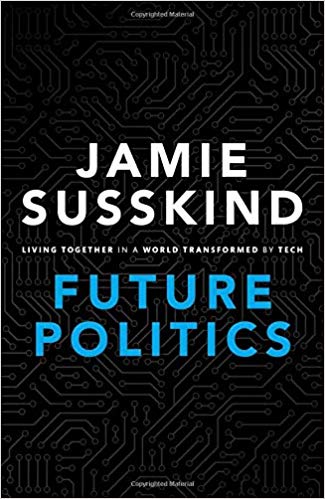Alibaba co-founder Jack Ma and Tesla CEO Elon Musk shared the World AI Conference stage in Shanghai earlier this year. It was one of the most interesting dialogues on the future of humans and the power of digital technologies like AI. At one point in the discussion Elon Musk says, ‘If you think of technology and technology awareness, if there was a topological map of technology awareness, it’s mostly flat with a few short buildings, and then some very tall spires. And unless you’re on that very tall spire, it’s not obvious what the topology is.’ And to that Jack Ma responds by saying, ‘Yeah, I never worry about the things that I cannot solve. I left other people to solve it. If nobody can solve it, just let it be. That’s my life.’
Should we let ‘other people’ completely determine how digital technologies should evolve? Should we unthinkingly allow the unleashing of a future we do not completely understand? Especially when these technologies could have a significant impact on our idea of what it means to be free or equal, have power or property, or even what it means for a political system to be democratic.
Jamie Susskind thinks not. Through Future Politics he attempts to democratize the understanding of what a future with powerful digital technologies could mean for humanity, in turn, hoping to empower us as citizens to participate in the political debates that could shape the evolution of these technologies.

